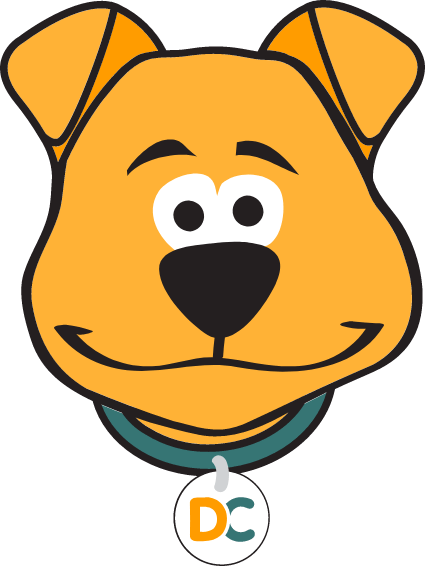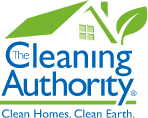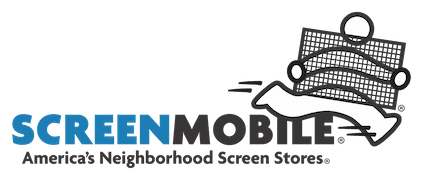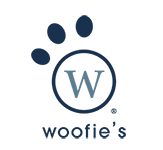Dog waste DNA analysis is a relatively new approach to curbing dog waste that has received a mixed bag of reactions from community managers, dog owners, and the public since making its debut in 2011. To be effective, the program requires a community that is governed as a single entity (ex: association) with by-laws, declarations, and/or covenants that allow for mandated programs to be implemented and enforced, with or without voluntary participation from residents.
The system works as follows: All new and existing dog-owning residents are required to submit a mouth swab DNA sample from their pet. A database is then created and when wayward dog waste is found on community grounds, the community manager collects a sample in a plastic vial and sends it to the dog waste DNA testing facility. Waste samples are then cross-checked with DNA records to identify the offender. Once a match is made, the community levies an assessment fee against the offending owner; typically $100 for the first offense. In many communities using this system, repeat offenders risk escalated fines and possible loss of pet ownership privileges in the community.
Dog poop DNA testing is a new, high-tech approach to curbing community dog waste problems and, as with most new technology entering a market, it can be expensive. To properly introduce the program, every dog in the community must have their DNA collected with a cheek swab and added to a database. A fee is charged for each dog added to the DNA database. In addition, there is also typically a fee for each waste sample collection kit and an additional fee to analyze each fecal sample.
The ultimate goal of community dog waste management is to keep residents happy while keeping dog waste off the ground. Dog poop DNA testing may be appropriate in certain applications, such as in apartment buildings where dogs are relieving themselves in hallways and elevators. In most cases, however, we believe the most effective dog waste management programs focus on education and prevention rather than punitive actions.
Requiring every dog owner to have their pet submit to DNA testing often creates animosity and conflict between residents and their community managers. In addition, the logistics of such a program are challenging: enrollment, collection, processing, documentation, notification, tracking, pursuit, and assessment of fees.
Above all else, a community exists to serve its residents, make their lives better, and protect property values. To prevent dog waste issues, pet owners should be educated on the positive impact picking up after their pets has on the community, and amenities such as pet waste stations should be provided to help them do just that. Likewise, most communities are best served by adopting a proactive strategy that encourages responsible behavior and communicates their stance on dog waste positively.
In our experience, the best long-term solutions to managing dog waste are achieved when a community’s message to its residents is, “We are in this together. We are here to help.”














[1].2502200939449.png)



